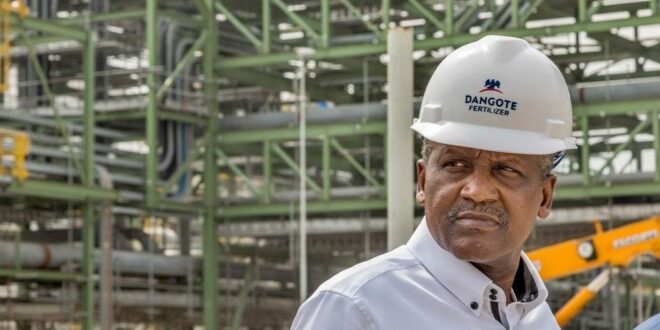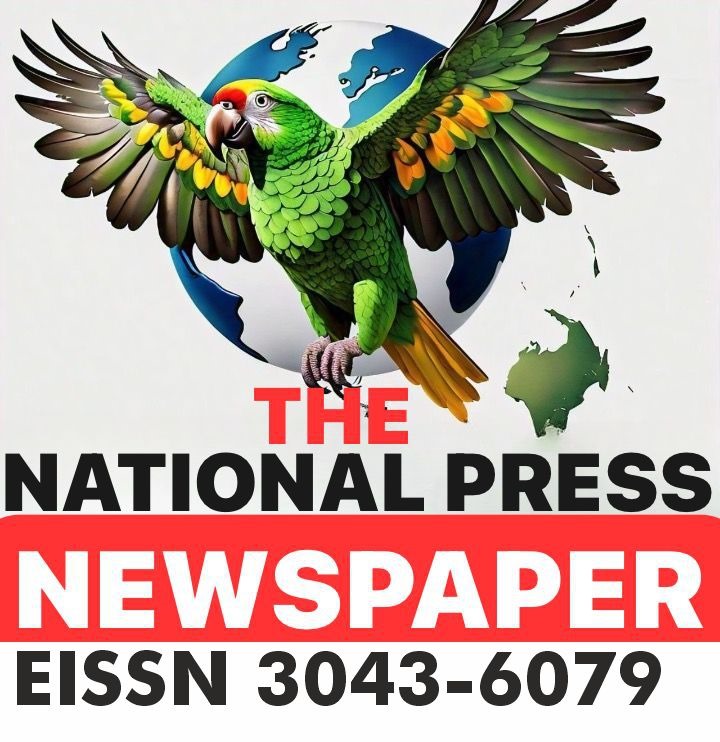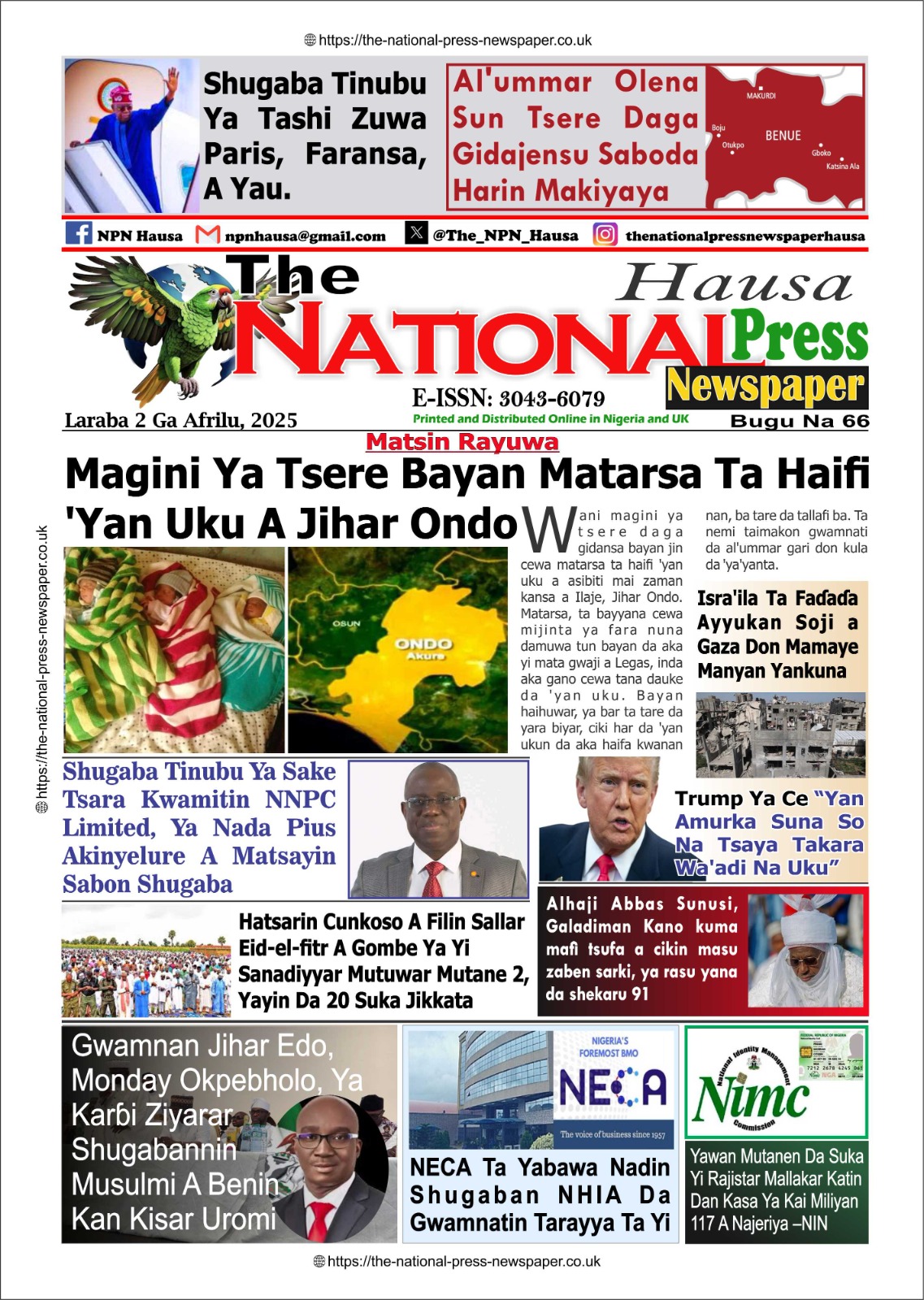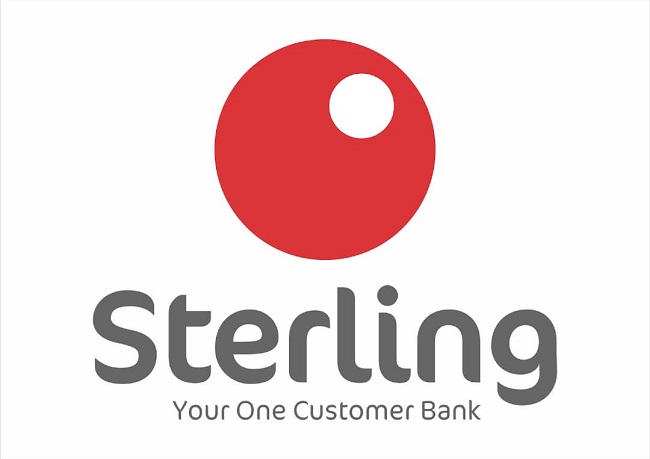As Nigerians eagerly anticipate the full distribution of petrol from the newly launched Dangote refinery into the domestic market, calls for transparency in the pricing structure have intensified. The refinery’s recent launch was met with high expectations, with stakeholders and citizens alike hoping that the cost of petrol would significantly drop due to local production eliminating certain importation-related expenses.
However, these hopes were abruptly shattered when, on the same day as the Dangote refinery’s launch, the Nigerian National Petroleum Company (NNPC) Ltd. announced a sudden increase in petrol prices, from N568 per litre to N896 per litre. The price hike caught Nigerians off guard, coming as an unpleasant shock to those who had anticipated relief from soaring fuel costs with the refinery’s entry into the market.
At the inauguration of the refinery’s domestic petrol supply, Aliko Dangote, the refinery’s chairman, addressed the pricing issue, explaining that the final price would be determined by the Federal Executive Council (FEC). He stated, “This pricing arrangement is an official decision, carefully designed and approved by the Federal Executive Council, under the leadership of President Bola Ahmed Tinubu. Once this agreement is finalised, which the President is actively working on, we will be ready to roll out into the market—whether that’s today or tomorrow.”
Meanwhile, the NNPC Ltd. had issued a statement through its spokesperson, Olufemi Soneye, reinforcing the claim that the market for Premium Motor Spirit (PMS) had already been deregulated, and that petrol prices were now determined by market dynamics. NNPC Ltd.’s Executive Vice President, Mr. Adedapo Segun, highlighted section 205 of the Petroleum Industry Act (PIA), which established the company and positioned it to operate within a competitive, free-market environment. According to Segun, petroleum prices in Nigeria should now be governed by supply and demand, with no interference from regulatory bodies.
However, this perspective was swiftly countered by the Dangote Group through its Chief Branding and Communications Officer, Mr. Anthony Chiejina.
The company clarified that, contrary to NNPC Ltd’s claims, the PMS market in Nigeria remains strictly regulated. “The fact remains that the PMS market is heavily regulated, a reality well understood by all oil marketers and stakeholders in the sector. Therefore, the refinery cannot independently set or influence the price of the product, which falls within the jurisdiction of the appropriate government authorities,” Chiejina stated.
The conflicting narratives have created a swirl of confusion and disillusionment. Many industry experts have voiced their concerns, calling for both NNPC Ltd. and Dangote Group to provide clearer explanations regarding the pricing framework. Energy policy analyst, Mr. Henry Adigun, pointed to the lack of transparency, urging both parties to disclose the full details of the arrangement to avoid further public uncertainty. “Both NNPC and Dangote need to be upfront with Nigerians about the terms of this deal. We can’t afford to be kept in the dark when it concerns something as crucial as fuel pricing,” Adigun emphasised.
Adigun also highlighted the complexity of the situation, noting that NNPC Ltd. remains the sole importer of petrol and is currently responsible for setting prices across the market.
“Dangote might have done its calculation and discovered that his price is higher than that of NNPC. So, if he sells at a higher price, who is going to subsidise him if the government doesn’t subsidise him? Now, the case at hand is; “who is going to subsidise who”?
Adding to the mounting pressure, Adigun raised concerns about the lack of information surrounding crude oil pricing and exchange rates for Dangote’s refinery. “How much is Dangote purchasing crude from the federal government for, and at what exchange rate? These are essential details that remain undisclosed, but they would help stakeholders arrive at an informed understanding of the true cost of the product.”
In line with this, the Arewa Youth Assembly has also called on Dangote to be transparent about the cost of refining petrol. The group urged the refinery to publicly disclose its production costs to allow Nigerians to hold the right parties accountable. “Transparency in this matter is essential,” said Mohammed Salihu Danlami, Speaker of the Assembly. “It is estimated that the cost of refining a litre of petrol exceeds N800, and current data suggests that the landing cost is around N1,117. These numbers should be made clear to the public.”
Danlami went on to challenge the Dangote refinery to take responsibility rather than deflecting blame onto NNPC Ltd. through organizations like the Muslim Rights Concern (MURIC). “We challenge the Dangote refinery to publicly disclose the cost of refining petrol. Nigerians deserve to know the actual costs involved so they can hold the appropriate parties accountable. It is illogical and unacceptable for a private company like Dangote to claim that NNPC Ltd. will set the price of its product in a supposedly free-market environment. NNPC Ltd. controls the pricing for refineries it owns, such as those in Port Harcourt, Warri, and Kaduna, but Dangote’s refinery is a private entity and does not fall under this arrangement.”
He added that if the Dangote refinery truly cares about the welfare of Nigerians, it should make efforts to offer petrol at a lower price. “As a domestic refinery, Dangote is free to sell its products directly to any marketer, independent of NNPC Ltd.’s pricing structure,” Danlami concluded.
The debate around Dangote’s petrol pricing continues to gain momentum as both Nigerians and industry stakeholders seek greater clarity. While the refinery’s entry into the market was expected to bring relief, the current confusion has only deepened concerns about transparency, fairness, and the true impact of local production on fuel prices. Without open disclosure and cooperation from all parties involved, the promise of affordable petrol for Nigerians remains uncertain.





